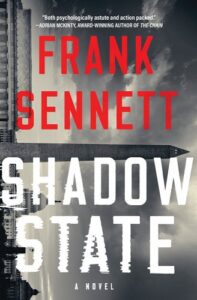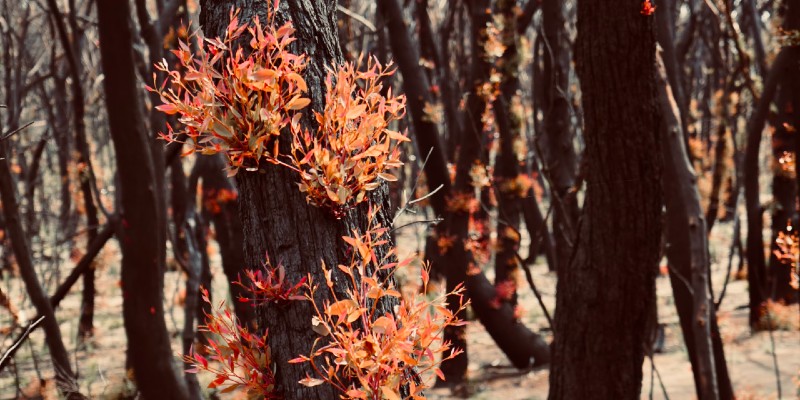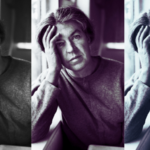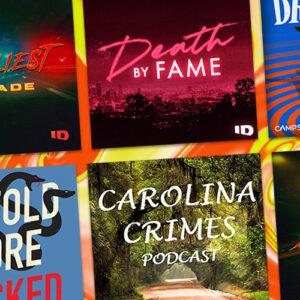When I was a kid in the early 1970s, my late father was a hippie turned political idealist working, quite effectively for several years, to change the system from within. As you might imagine from that thumbnail biography, pop was also a pot smoker.
Being exposed to rolling papers and bongs from my earliest days, marijuana held no allure or mystique for me. I took a toke or two with friends in high school and college, once earning a quarter’s worth of ribbing for the epic coughing fit triggered by a single dorm-room inhalation, and that was the end of that.
My mood-altering substance of choice is bourbon, and I still fondly recall giving my dad a requested taste of Pappy Van Winkle on his last visit to Chicago before he died of cancer. After the first sip, he screwed up his face like a kid tricked into eating a Brussels sprout lollipop. But his lifelong aversion to waste compelled him to choke down the rest of the (thankfully small) pour.
All of which I relate to underscore just how out of character it was that, after watching proto fascists attempt to overthrow U.S. democracy on Jan. 6, 2021, I stopped at a dispensary on my way home from work. There, I purchased a couple of pre-rolled joints to help take the edge off that jarring day when our republic was narrowly saved from a highly orchestrated coup attempt by the vice president’s refusal to participate. (More coughing ensued, I’m sad to report.)
At the time, I was working on the manuscript that became Shadow State. Over the next year, the book took on additional depth as it explored the long-term implications of the Jan. 6 insurrection and the infiltration of Proud Boys into law enforcement.
That the federal seditious conspiracy trial of Proud Boys leaders is expected to wrap up around the novel’s Feb. 21 publication date makes Shadow State’s themes unexpectedly timely. But what I find most compelling about crime novels that play out in the long shadows of national trauma is how they can help us contextualize and explore tragic events in a deeper way than the news and social media cycles allow. Here are some crime novels that do a great job on that score.
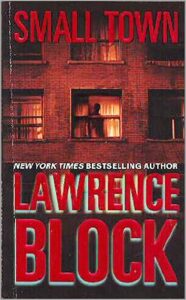
Lawrence Block, Small Town
I’ll start with Block’s standalone New York City opus because he also was faced with the task of working a national tragedy into a story he was already writing. As David Trevor recalls in the Jan. 5 edition of Block’s newsletter, “he was around a hundred pages into it when the Twin Towers came down and the world—and especially the city—changed forever. He put his work in progress—well, no longer in progress—in a desk drawer and tried to forget about it. Then, several months down the line, he looked at what he’d written and saw a way to do it, changing its setting from a pre-9/11 New York to that same city in the ashes of the event.”
The result is a gripping tale, told from multiple viewpoints, that captures the city as it recovers from its collective wounds and gets back to business in the year following 9/11. And, of course, there’s also a rampaging killer on the loose.
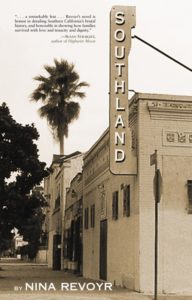
Nina Revoyr, Southland
Crime novels that spring from communal tragedy can expand and change the broader societal understanding of the event, as Revoyr illustrates in Southland. In this award-wining novel, she provides new perspectives on the 1965 Watts riots in Los Angeles by viewing them through an unconventional lens and via underrepresented voices.
As I noted in my review of Southland for Booklist, Revoyr employs the murder of three boys during the riots as the pivot point for a moving, sometimes harrowing exploration of race relations among black, Japanese and white residents of L.A. When her grandfather dies in 1994, young Japanese-American lawyer Jackie Ishida seeks to discover why he once planned to leave his Crenshaw grocery store to one of the murder victims, a black teen from the neighborhood. Switching effortlessly from the mid-1990s to the 1960s, the 1940s, and back again, Revoyr peoples the landscape with compelling characters who are equally believable whether they’re black, Japanese, male, female, gay or straight. Revoyr paints a nuanced picture of the riots and their aftermath, highlighting the ways in which systemic racism and economic inequality contributed to the unrest. She also sheds light on the experiences of the Japanese-American community, often overlooked in narratives of the riots.

Michael Connelly, The Black Box
Sticking with L.A. and riots, the excellent 16th Harry Bosch novel (one of my dad’s all-time favorite series protagonists, incidentally) finds the detective investigating in 2012 the cold case of a photojournalist murdered during the 1992 riots that erupted in the wake of the Rodney King trial verdict.
As Connelly notes in an essay he wrote about this novel, he was a cops and crime reporter for the L.A. Times who found himself at the epicenter of the riot just as it began. “Nothing made sense in what I was seeing,” the author recounts. “Los Angeles became a place I didn’t recognize. It is no wonder to me that the riots have come up often in the fiction I have written since then.”
This book is an exemplar of how crime novels offer a great opportunity to delve deeper into the human experience of such traumatic events and explore their lasting impact on individuals and communities. As Connelly puts it, “I saw the best and worst in people, images I can’t forget and that I still work out in my fiction all the time.”

Lou Berney, November Road
In my new series opener Shadow State, protagonist Rafe Hendrix is on the trail of a mad man re-creating political assassinations as he prepares to kill the sitting president. So I would be remiss to skip Berney’s novel set in the aftermath of JFK’s murder. In capturing the mood and atmosphere of the time through the eyes of his well-drawn characters, Berney gives readers—especially those of us who were not yet born on that infamous day—a deeper understanding of the societal shock and disillusionment that followed Kennedy’s assassination.
In detailing the specific human experiences of national tragedies, including those that are seldom included in breaking news reports, crime novels like these are as important in their own way as they are entertaining.
***
